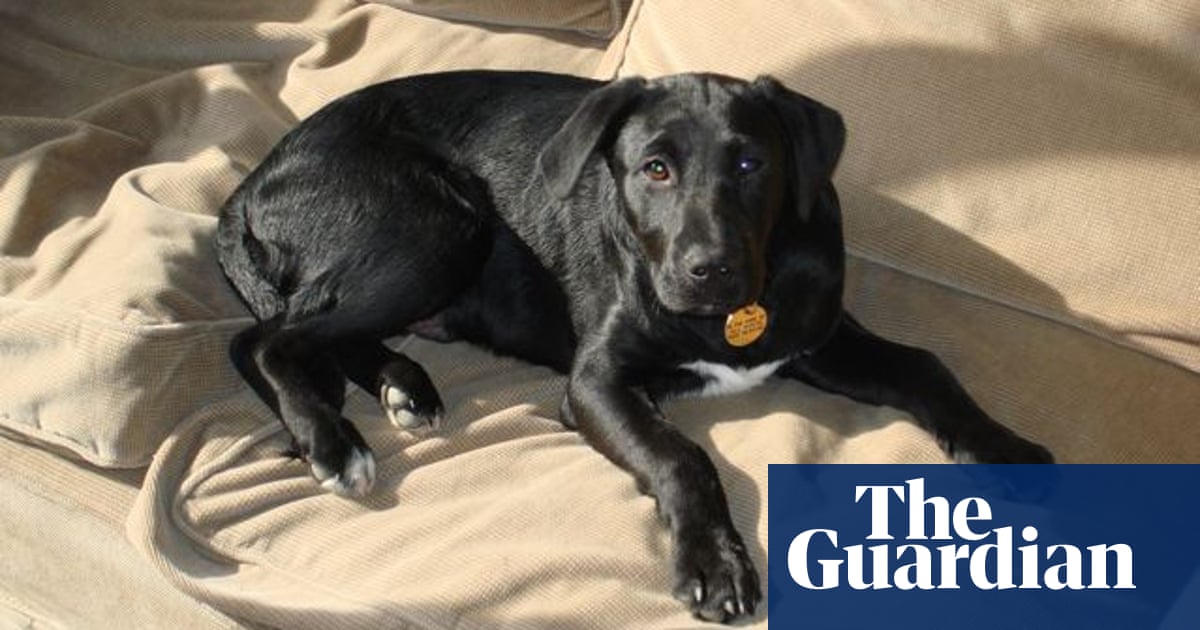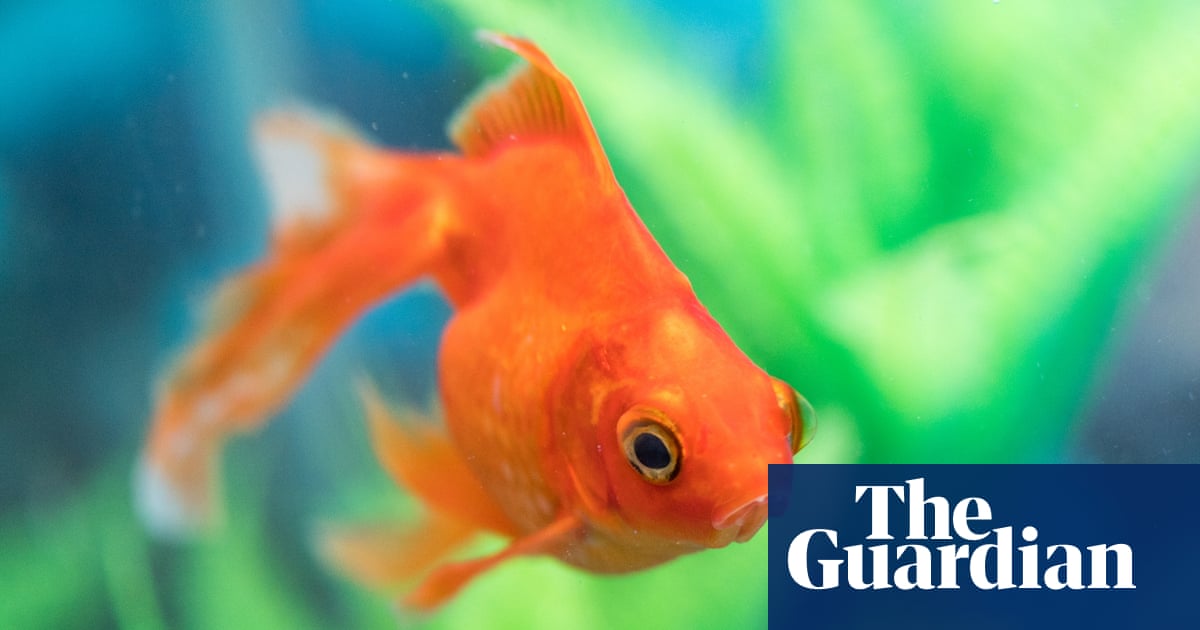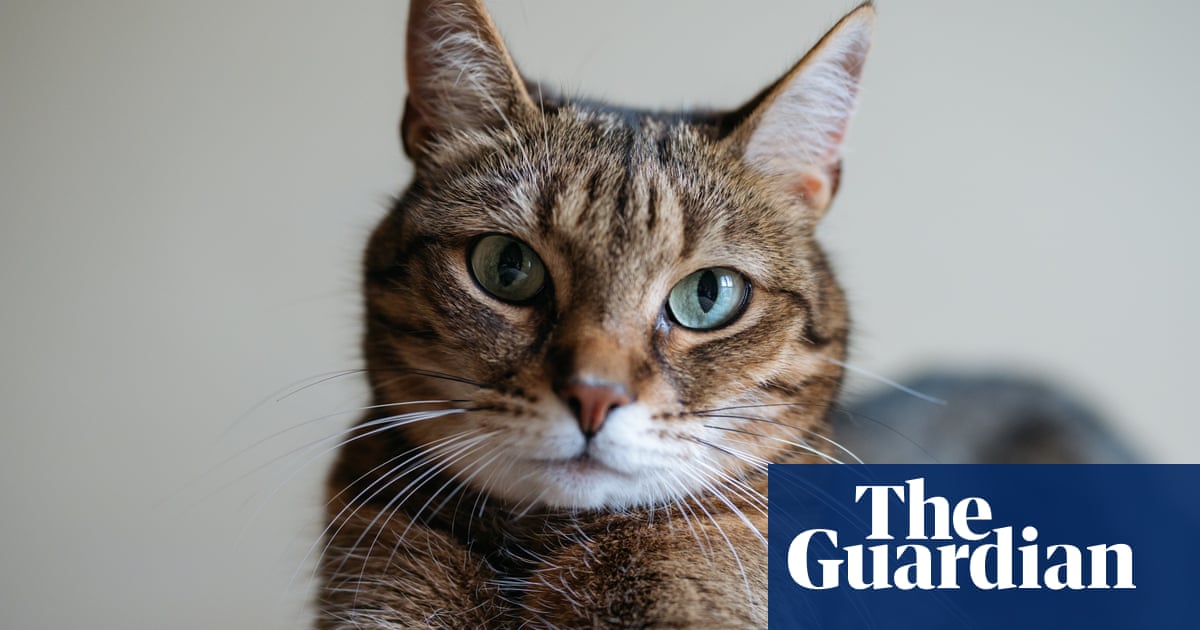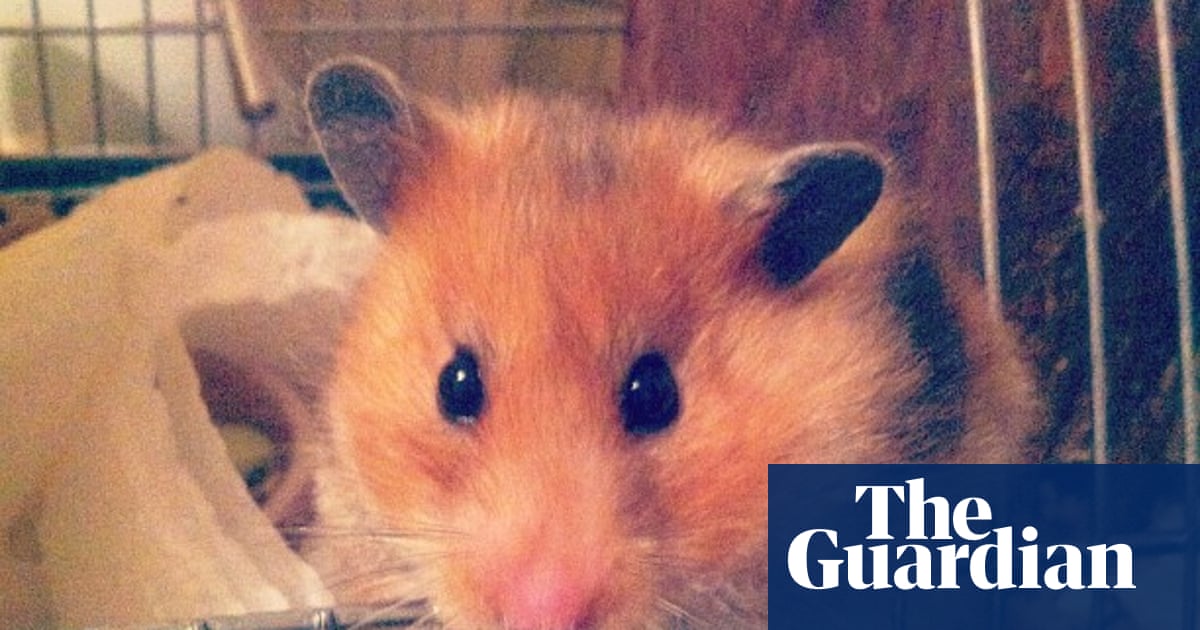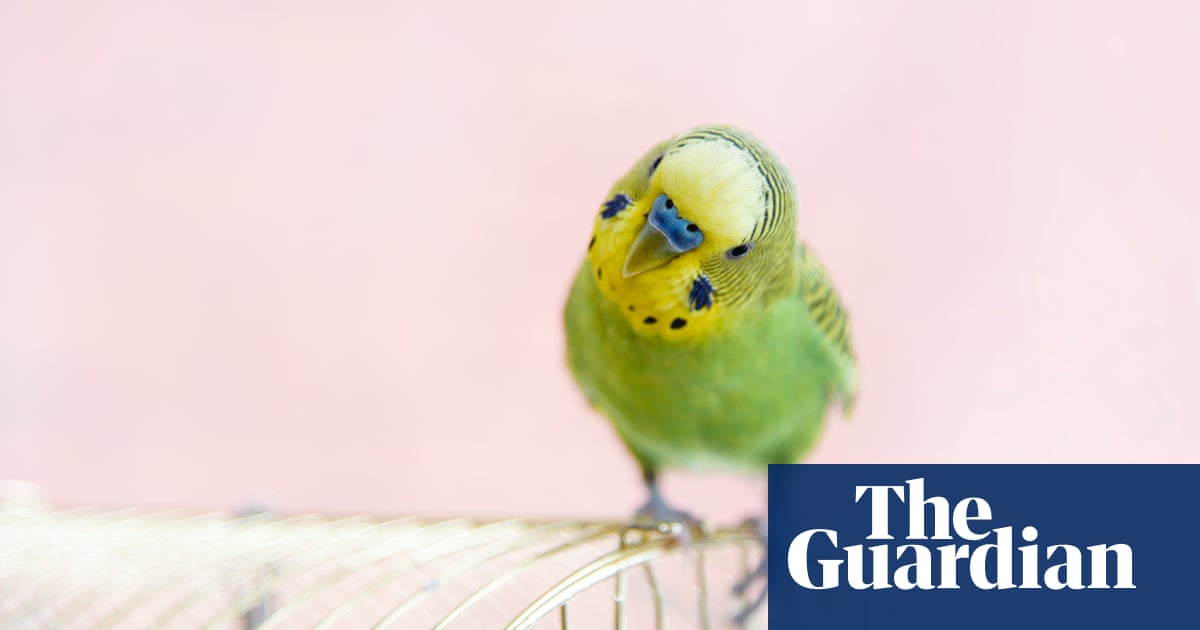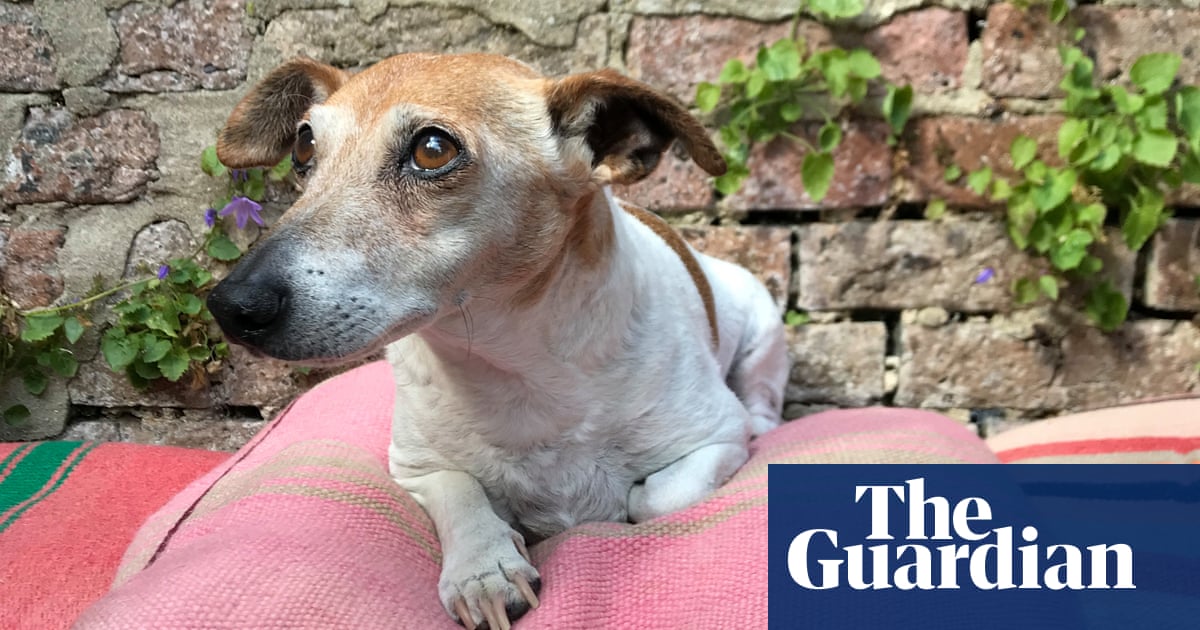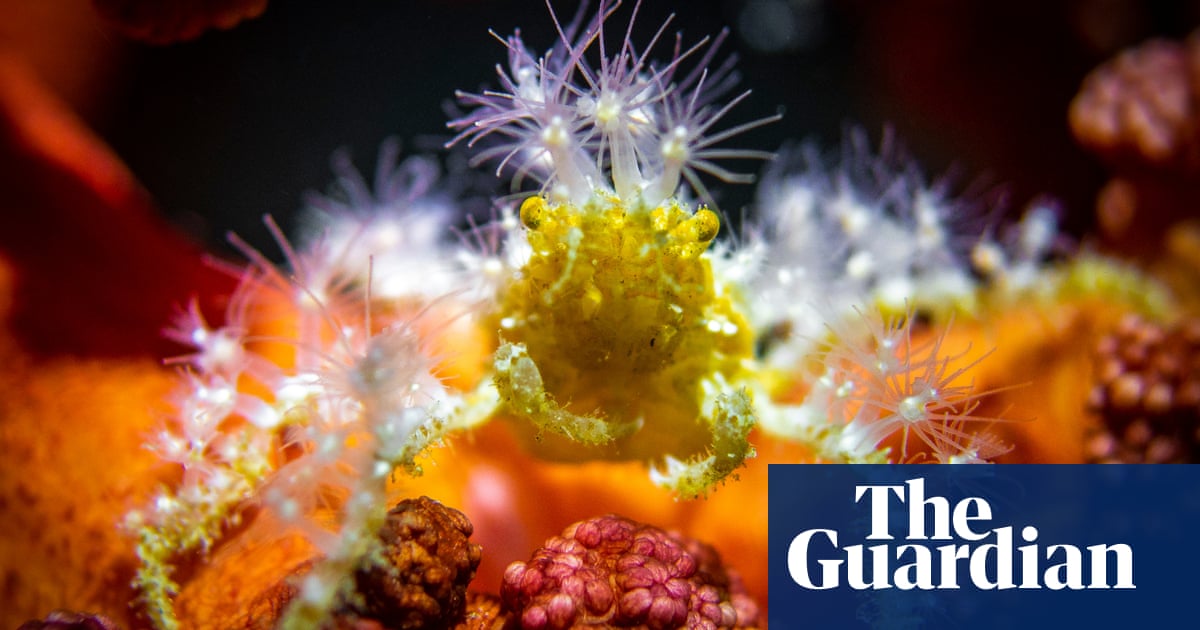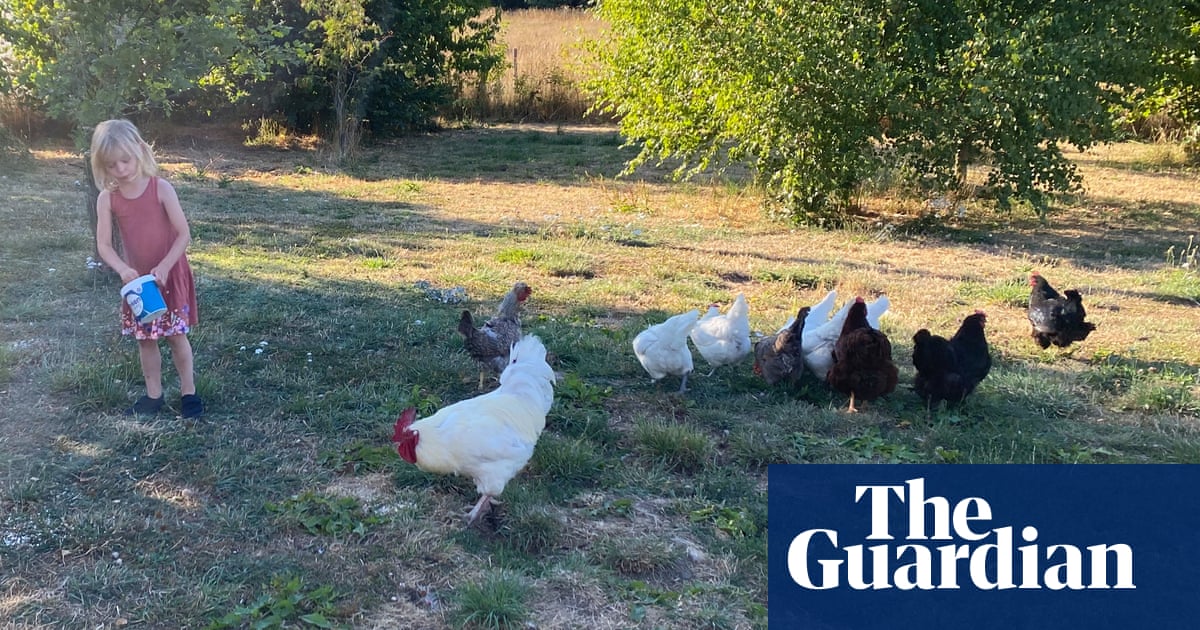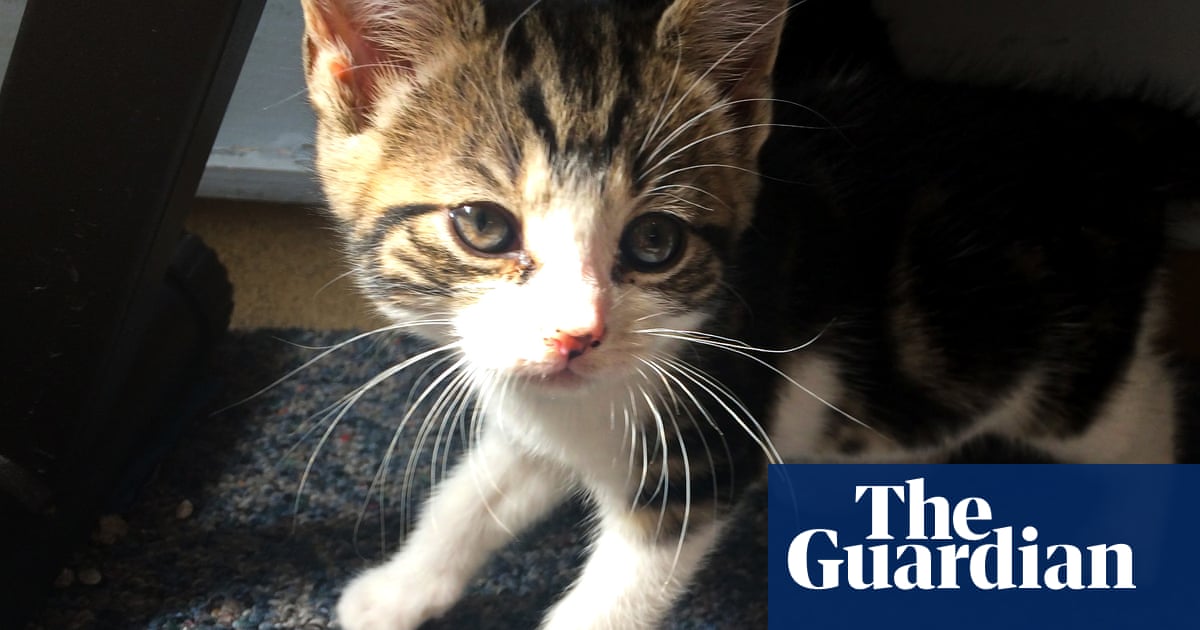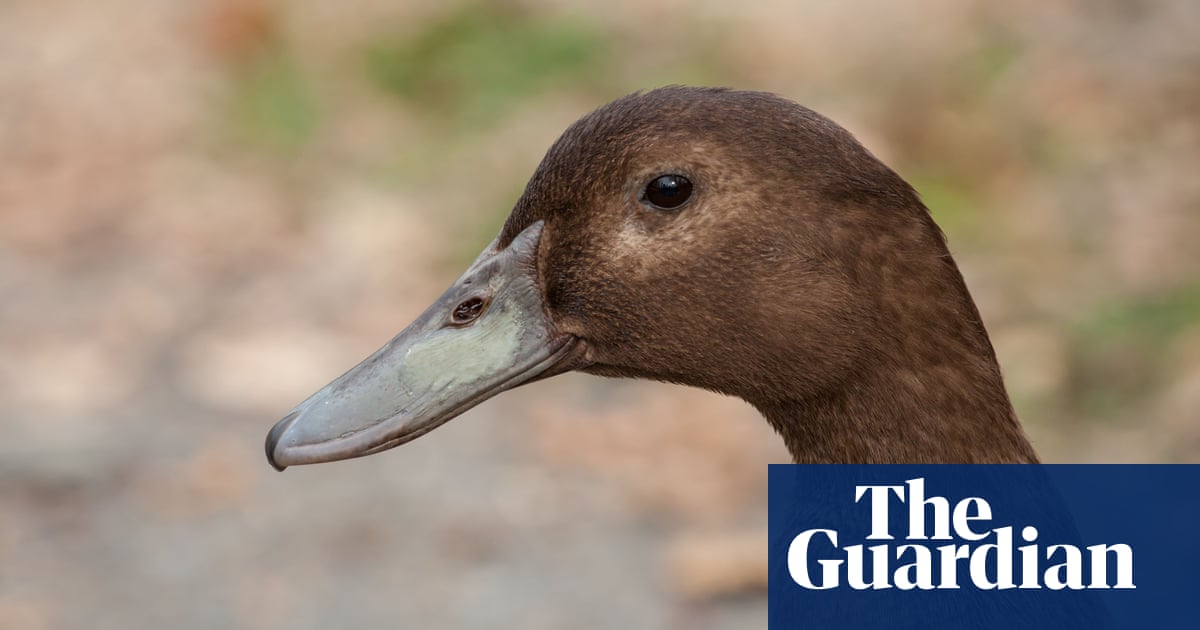
My first dependant was a duck called Mr Kite. As a cream-faced four-year-old, it was my job at the nursery to turn the eggs in the incubator every day: one side noughts, the other side crosses, so we could tell them apart. In years since, this ovum-flipping responsibility has been interpreted as early evidence of a maternal instinct. That may be overegging it a bit.
We lived in a small, inner-city terrace house in east Oxford at the time. We had a long, thin garden. Both my parents worked. And yet, as a gentle-hearted vet’s daughter, my mum couldn’t resist adopting these fowl. I named them Buttercup, Mr Kite and Drakey. “I felt as if I’d become a grandmother,” says Mum of the day I brought my brood to live in the fenced-off bottom of the garden.
We made them a pond. The bottom was a mosaic made from all the bits of plate and cup that had been broken during family rows. Within 30 seconds, the pond was so full of duck poo that we never saw the mosaic again.
One of the most magical moments during my spell of duck husbandry was the night it snowed. Mum, overwhelmed by pity and grandmotherly concern, insisted that Mr Kite and her friends – yes, Mr Kite was female – be spared another freezing night in the wooden house my dad had built for them at the end of the garden; we caught them, flapping and honking, and brought them in to sleep in the kitchen. Have you ever seen three ducks go wild in a tiny Victorian galley kitchen? It was one of the best moments of my childhood. It smelled like the underside of hell’s socks by the time they had left.
In the summer, I would wallow in a paddling pool with Mr Kite and the others. Eventually, though, our neighbours complained that they were being woken at 4.45am. Fair enough – you don’t move to the city to have the dawn torn apart by quacking – although it must have made a change from student parties and the sound of 19-year-olds being sick by the bins.
So, the feathered three went to live with an old couple in the country. No, they really did. I drove with my parents to a house in Barton – one of Oxford’s big council estates – where a man and woman had a field full of guinea fowl, geese, hens and ducks.
I wonder now if this early experience of duck adoption is the reason that, at least three times a week, you will find me wading into the silt-brown Thames or a nearby lake, whatever the weather, to swim with the fowl. Perhaps. Although they never say hello.




